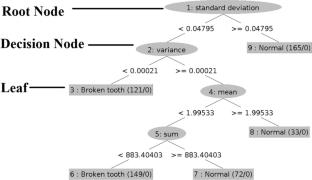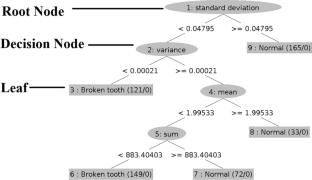An Investigation into Practical Implementation of MEMS Sensors for Low-Speed Condition Monitoring Applications
Abstract
Condition monitoring is a vital tool for engineers to ensure equipment uptime. Piezoelectric sensors are by far the preferred choice for sensors owing to their high dynamic range and performance. While industrial equipments have a monitoring system based on vibration or lubrication quality, small-scale commercial equipments may not have such sensors and monitoring systems owing to the associated cost and complexity of the system. MEMS based accelerometers are currently popular for a wide range of consumer hardware due to their low cost and satisfactory dynamic range. While a budget MEMS accelerometer cannot be directly compared to standardized piezoelectric accelerometer, they are just a fraction of the cost and have a frequency response range which are suitable for most generic machines. Machines such as water pumps, gearboxes, compressors, exhaust fans and motors in combination with integrated MEMS sensors and IOT hardware will allow for development of smart machines. These machines can stay connected with a modern home or small-scale commercial automation systems which would provide a user with the real time information regarding the machine’s condition. Selecting the appropriate accelerometer while balancing cost and frequency response can have a significant impact on the health prediction capability. This paper reports a study conducted on the MMA7361 Triaxial accelerometer and its feasibility for simple condition monitoring applications implementing machine learning approaches. A benchmarking test was performed on the MEMS accelerometer and compared with a standard Piezoelectric accelerometer. The MEMS accelerometer was also used to diagnose the fault of a compact bevel gearbox.



 求助内容:
求助内容: 应助结果提醒方式:
应助结果提醒方式:


